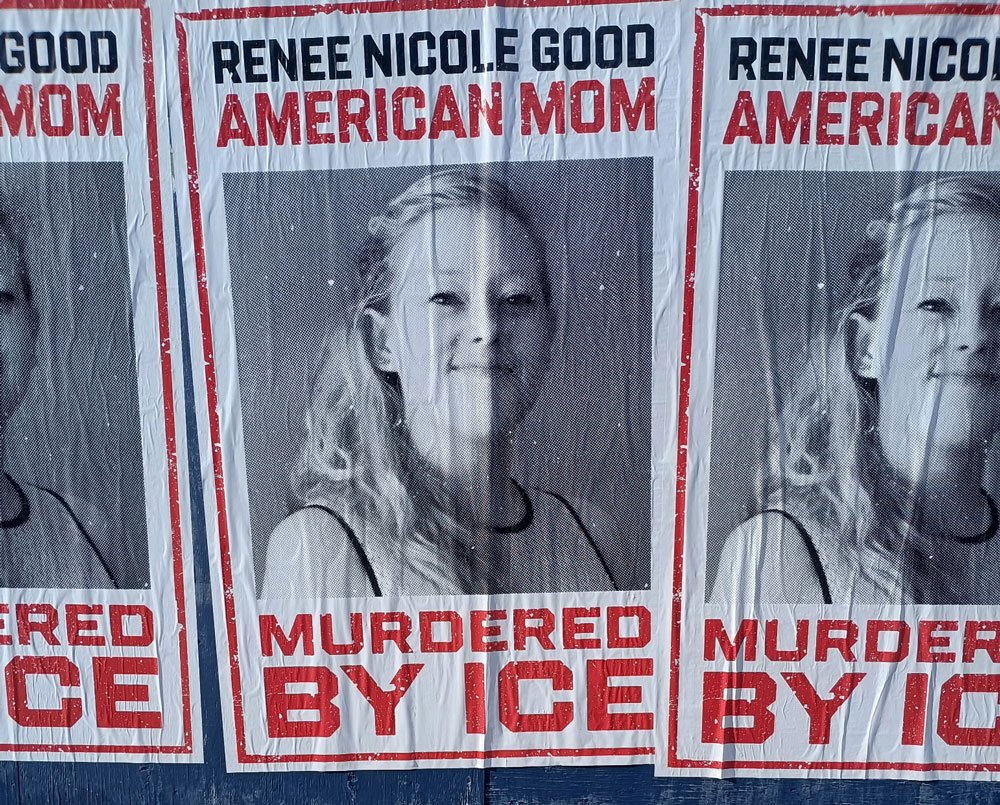
The care economy is the name for the paid and unpaid work that supports the health and welfare of people. This includes childcare, domestic work, elder care, healthcare, and more.
Care work is necessary not only for human well-being, but also for a sustainable, thriving economy.
Everyone needs and deserves care, but care work tends to be left out of large-scale government funding and protection. For example, due to racist and sexist exclusion, domestic workers—largely a Black, female workforce—were left out of the historic labor rights and protections secured in the 1930s New Deal. Efforts such as the 1970s Wages for Housework movement demanded that work done in the home should be compensated.
Today, care work is still mostly done by women of color. The COVID-19 pandemic exposed the fact that most care work is still underpaid and under-protected, even though there is more need for it than ever. The work of the US care economy is currently valued at up to $6 trillion—or a quarter of total US GDP.
















